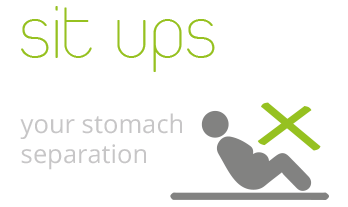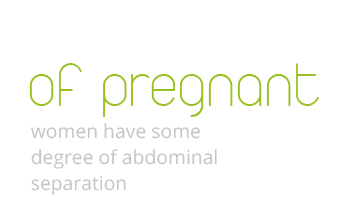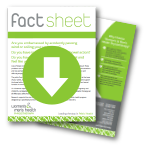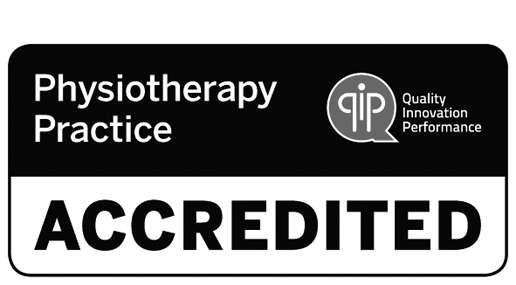Stomach Muscles
Can you feel a ‘gap’ between your stomach muscles?
Do your stomach muscles make a ‘tent like peak’ when you sit up?
Do your abdominal muscles feel weak and loose after having your baby?
Stretched and weakened stomach or abdominal muscles during pregnancy and after birth are common. In some women the abdominal muscles separate, this is called a DRAM (Diastasis of rectus abdominis muscle). Whilst a small amount of widening is normal and occurs in all pregnancies, in some women the muscles separate too far and stay separated weeks after giving birth.
The abdominal muscles are the major support of your spine. Separated or weakened abdominal muscles can cause back pain, injury and poor posture. A strengthening program will help you regain muscle tone and protect your back.
Common Symptoms:
• A gap between your stomach muscles
• Tenting or peaking when you sit up
• Loose stomach muscles
• Low back pain
• Poor posture
Possible Causes Of Stomach Muscles:
• Stretching due to the growing baby
• Hormonal changes
• Large baby or twins
• Subsequent pregnancies
• Repetitive heavy lifting
• Constipation & straining
• Chronic cough
• Genetic predisposition to laxity
• Some forms of exercise
• Excessive pregnancy weight gain
How We Can Help:
A specific modified abdominal exercise program will strengthen your muscles and ensure optimal recovery. At Women’s & Men’s Health Physiotherapy we specialise in providing a personalised management program for your abdominal muscles during pregnancy and after your baby is born.
What To Expect:
• A thorough assessment to establish your goals and treatment plan
• Design of a personalised abdominal muscle exercise program
• Progression of your program and application to daily activities
• The use of real time ultrasound to improve your technique
• Advice about activity modification and return to general exercise
Did You Know
